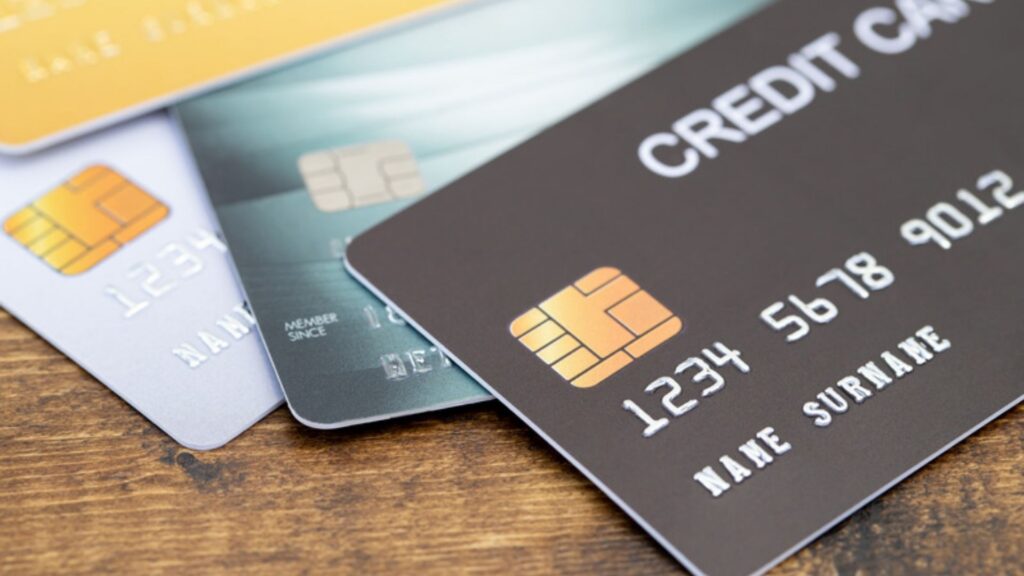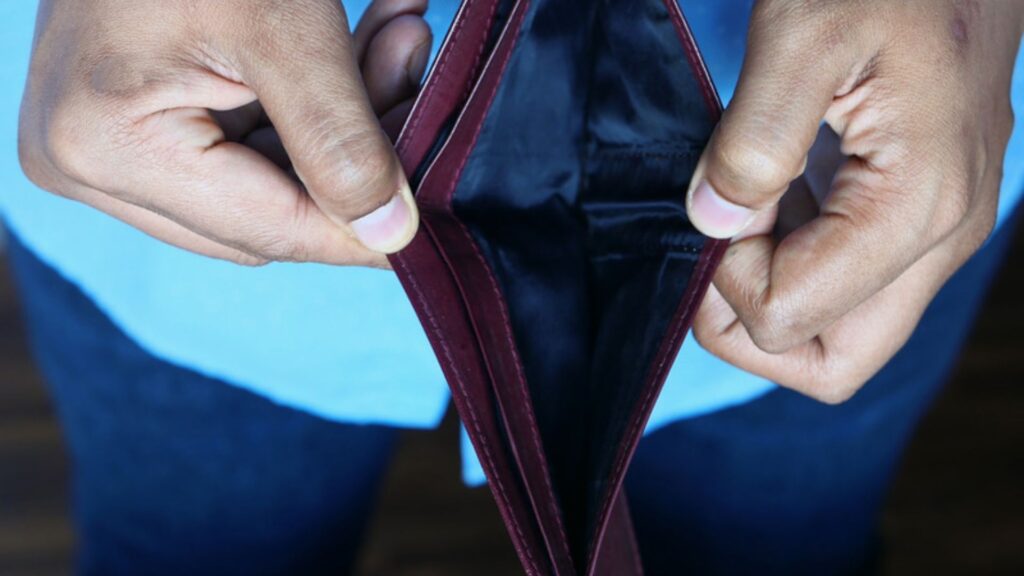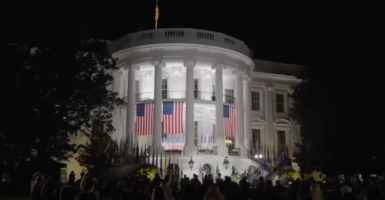Notre Dame Campus Goes Cashless
Notre Dame College will soon be a completely cashless campus and some are concerned about the potential issues this could lead to.

Starting Monday, August 1st, Notre Dame College will become a completely cashless campus. Students will not be able to use legal cash tender to purchase food, apparel, or other services. While the school claims this is to promote a “healthy and more efficient” university, some are questioning this move.
During the pandemic, many businesses refused to accept legal cash tender for purchases. This was in an effort to supposedly stop the spread of the COVID-19 virus. Politicians and even global oligarchs have promoted moving to cash-free societies for years, claiming that it would elevate people, but in recent years social credit systems, data harvesting, and cyber crimes have become more concerning to Americans. These issues would only be exacerbated by cashless campuses.
Fears of a growing technocracy have plagued millions of Americans after they were financially persecuted for supporting the political movements they believe in. Just this year, millions of law-abiding citizens support the Canadian and American truckers(who formed their own convoys to protest claimed tyrannical COVID-19 policies) through online donations only to become the targets of political harassment. Some had their bank accounts frozen, and assets were even taken and never returned. College students already feel that they cannot speak freely on campus due to political bias. Notre Dame’s cashless campus would remove students’ ability to freely make purchases without opening themselves to identity theft and a future where they are likely to face financial persecution due to digital currency control.
While this may seem futuristic, it is not entirely far-fetched. In China, a social credit system has already been launched to punish individuals that the communist government deems “untrustworthy.” This is a highly concerning human rights issue being that China has currently enslaved masses of Muslim Uyghurs in concentration camps and has even forced organ harvesting on peaceful Falun Gong practitioners. Giving a college the power to solely allow students to purchase food and basic necessities through a cashless campus hosts many concerns regarding students’ individual rights, especially concerning their right to privacy.
If banks can freeze the account of Americans for merely donating to protesters, then what would stop them from freezing the accounts of students who support political ideologies they disagree with? Although Notre Dame is offering a cash exchange system for students who do not have credit cards, transferring legal tender onto a prepaid card can also be politically interfered with if the schools themselves choose to punish students for dissenting from the university’s political, religious, and sociological ideologies. So as safe and clean as Notre Dame wishes to present its new move as, it hosts many severe concerns.
The new cashless campus is one step into a completely traceable education experience. One that exposes students’ personal beliefs — whether they wish to make them public or not — and makes young adults more vulnerable to data breaches and identity theft. Notre Dame has not addressed these serious issues. Thankfully select sales locations affiliated with the college are still accepting cash, like campus post offices (which are required by law to accept legal cash tender), but the school is promoting this new move by noting how they successfully moved to cash-free payment for athletic games, parking, and concerts during the pandemic, using a national crisis to push through policies which would not have been as easily accepted under normal circumstances.

Whether students protest this new cashless campus or not, the United States dollar is still legal tender which is backed by the federal government. Students who do not wish to make the switch may file suit. For now, the school is proud of its technocratic methods of payment, and how its pursuit progresses depends upon the response of families and students supporting the school.



